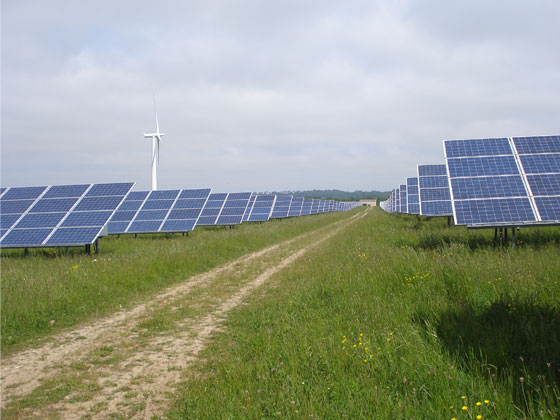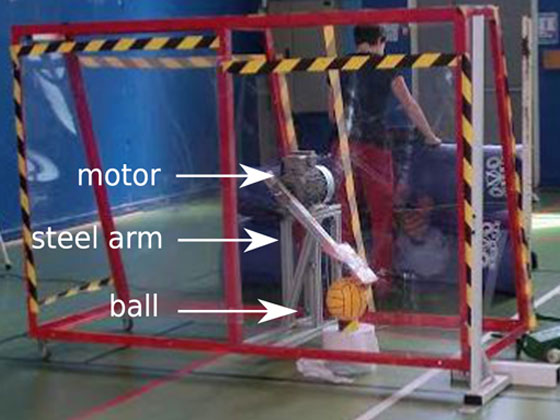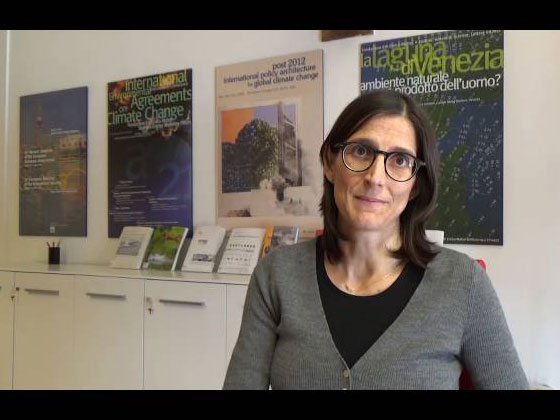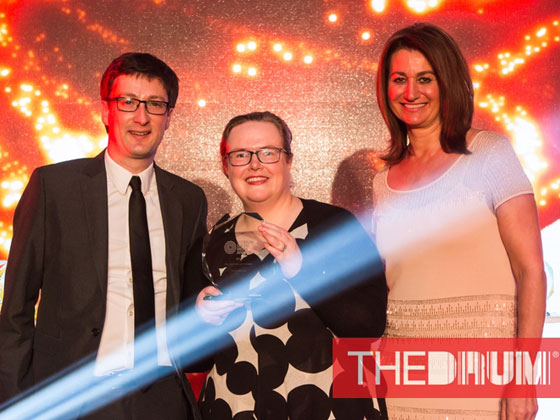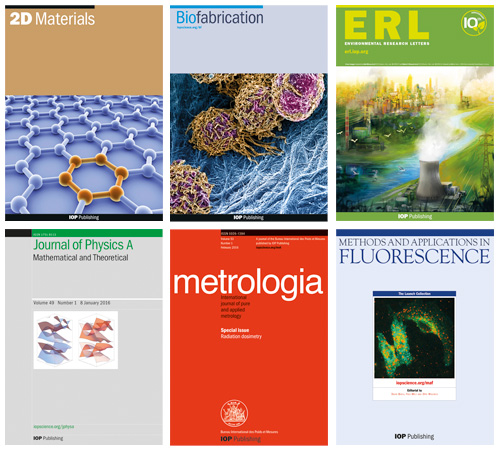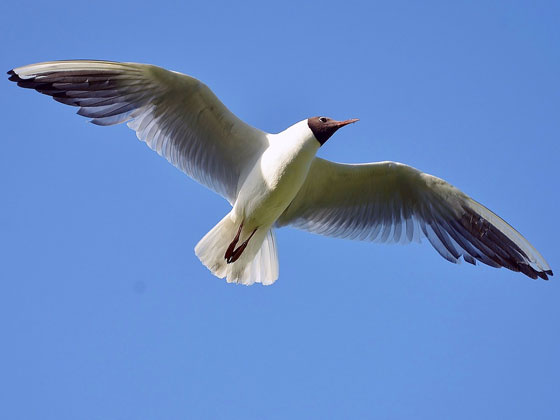News
-

Solar panels study reveals impact on the earth
Researchers have produced the first detailed study of the impact of solar parks on the environment, opening the door to smarter forms of farming and better land management.
-

Knuckleball machine delivers soccer science
Wind tunnel and high-speed camera data help researchers to explore the zigzag secrets of one of football's most unpredictable shots and provide clues to much older scientific mysteries.
-

Climate change impacts could amplify global inequalities even under ambitious GHG emission reduction policies
Researchers have authored an article in the international journal Environmental Research Letters on the possible consequences of climate change mitigation and adaptation policies on global inequalities.
-

Publicly donated computing helps researchers assess heatwave risks associated with climate change
Combining climate and mortality data, researchers have estimated that 315 deaths in Greater London and 735 deaths in Central Paris can be strongly linked to the 2003 heatwave.
-

KM3NeT unveils detailed plans for largest neutrino telescope in the world
KM3NeT – a European collaboration pioneering the deployment of kilometre cubed arrays of neutrino detectors off the Mediterranean coast – has reported in detail on the scientific aims, technology and costs of its proposal in the Journal of Physics G: Nuclear and Particle Physics.
-

AAS Nova Wins Online Media Award
AAS Nova, a 10-month-old website featuring research highlights from the Astronomical Journal (AJ) and the Astrophysical Journal (ApJ) family, won “Best Health / Education News Site” at the Drum Online Media Awards.
-

2015 Impact Factors for IOP Publishing journals
The 2015 Impact Factors, published by Thomson Reuters, once again show significant growth for journals published by IOP Publishing with more than half of the portfolio seeing an increase from last year.
-

Radical pair analysis overcomes hurdle in theory of how birds navigate
Reporting their results in the New Journal of Physics, scientists have taken a step forwards in unravelling the inner workings of the avian compass – a puzzle that has captivated researchers for decades.
